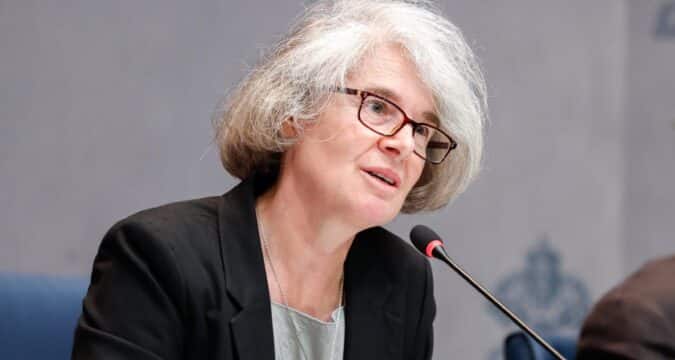
VATICAN (CNS): Local Churches and bishops worldwide will play a crucial role in implementing the proposals of the 2024 Synod of Bishops on synodality, according to the General Secretariat of the Synod of Bishops at the Vatican. The goal of the implementation phase is to explore “new practices and structures that will make the life of the Church more synodal.”
The document, titled “Pathways for the Implementation Phase of the Synod,” serves as a guide for bishops and synodal teams, inviting them to share their local initiatives based on the synod’s final proposals. It aims to provide “new opportunities to walk together” and reflect on experiences to enhance the mission.
The document is divided into four chapters, addressing the objectives of the implementation phase, the roles of participants, engagement with the final document, and methods for shaping the process. Released in multiple languages at synod.va, it emphasises the active role of local Churches in reaching out to diverse communities, including marginalised groups and young people. It noted, “in order to truly walk together, we cannot lose the contribution of their point of view.”
Engagement should extend beyond parishes to schools, hospitals, prisons, digital platforms, and religious communities.
The guidelines assert that synodality “cannot be a path limited to a core group of ‘supporters,’” but must “expand possibilities for participation and for the exercise of differentiated co-responsibility by all the baptised, men and women” with a spirit of reciprocity.
Engagement should extend beyond parishes to schools, hospitals, prisons, digital platforms, and religious communities
The diocesan or eparchial bishop is responsible for this implementation phase, tasked with initiating, defining the duration, methods, and objectives, accompanying its progress, and validating the results.
“This phase ‘will be an appropriate opportunity to exercise authority in a synodal way,” reminding bishops they are not alone and should encourage all Church members to share the journey together.
Synodal teams and participatory bodies “will be essential in the implementation phase as well,” with existing teams valued and renewed, suspended teams reactivated, and new teams formed where necessary.
Each diocese or eparchy must register its synodal team with the synod office for better communication and coordination.
Pope Francis opened the implementation phase of the synod in November 2024, leading to a culmination in a “celebration of the ecclesial assembly” in October 2028 at the Vatican, as noted by Xavière Missionary Sister Nathalie Becquart in a Vatican News report.
This document is also really to highlight that you can’t just do your synodal conversion alone, but it’s very important to work together as different local Churches
Sister Becquart
“The best way to start the implementation phase is really to read the final document of the synod,” she emphasised, adding, the new guidelines serve as a tool to dive into the final document.
The guidelines stressed that the final document is “the point of reference for the implementation phase.”
The mission of proclaiming the Kingdom of God “constitutes the backbone” and ultimate goal of the synod’s final document, promoting a Church “that is increasingly courageous in its outreach” and embracing dialogue with all.
“Growing as a synodal Church capable of dialogue has a prophetic value,” including “commitment to social justice and integral ecology,” while creating opportunities for dialogue based on local needs, the text said.
Sister Becquart said the guidelines and the implementation phase are a prime opportunity for the “exchange of gifts” between the local Churches, which is “a core notion of the final document, a core notion of a synodal Church.”
“We all have something to give and something to receive,” she said. “This document is also really to highlight that you can’t just do your synodal conversion alone, but it’s very important to work together as different local Churches.”










